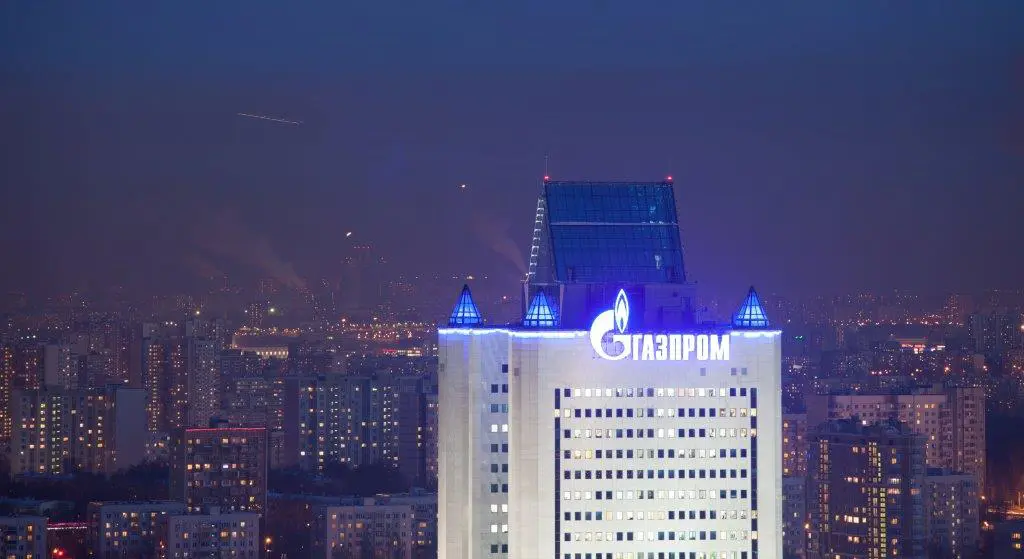The controversial Russian energy project Nord Stream 2 has so far weathered a barrage of political and legal hurdles. But now the project, meant to pipe natural gas from Russia to Germany, has hit another potential snag. And for once it’s not over geopolitics or arcane European Union laws, but rather over the pipeline’s impact on a Russian nature reserve.
The pipeline starts on the Kurgalsky Nature Reserve in the Leningrad Oblast in western Russia. But building on nature reserves violates Russian local and national laws, and flies in the face of the 1992 Helsinki Conventions protecting the Baltic Sea and the 1971 Ramsar Convention protecting wetlands. Coalition Clean Baltic, an environmental group, frets the pipeline will cover “the route most harmful to the environment.”
Foreign Policy spoke about the matter with Sijbren de Jong. The full article can be read here.




